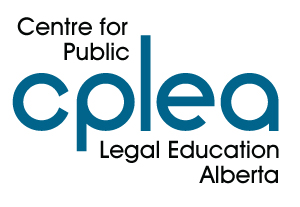An interactive website developed by Alberta Children's Service to provide information to both parents and children about internet safety and security. It features information and links on a variety of topics, such as online games, chat, web-cams and instant messaging. It also offers parents tips on how to protect their children while using the Internet.
Alberta Resources
When someone uses personal information such as your name, Social Insurance number (SIN), credit card number or other identifying information without your knowledge or permission, it is identity theft and it is a crime. This tipsheet provides information on: how businesses and community groups can raise awarenes of identity theft, how to protect your identity when you are away from home, and how to report ID theft.
This activity sheet is a twist on the classic children’s game that helps players learn how to make smart privacy choices by climbing up a ladder when they make a good decision or sliding down a snake because they have shared a password with a friend, for example.
Canada/Federal
The Office of the Privacy Commissioner of Canada has created this graphic novel to help young Canadians to better understand and navigate privacy issues in the online world. The 12-page graphic novel– is designed to appeal to tweens and younger teens. The novel was developed with feedback from young people, it tells the story of a brother and sister who learn (sometimes the hard way) about the privacy risks related to social networking, mobile devices and texting, and online gaming.To accompany the graphic novel, they have also developed a discussion guide that educators can use to generate further discussion and learning.
Be Web Aware is a national, bilingual public education program on Internet safety. The initiative was developed and supported by Media Awareness Network (MNet), Bell and Microsoft Canada. The web-based resources are aimed at empowering parents with information so they can help their children make safe and wise online decisions. It's all part of helping young Canadians benefit from the opportunities of the Internet while minimizing the potential risks.
This information is brought to you by the RCMP. It provides statistics and facts about cybercrime and its impact on youth. The page provides information on sexting, criminal harassment, and child exploitation.
This guide was design for parents to prepare them for the conversations they may need to have with their kids when they first start using digital devices, as they grow and their online activities change, and when things go wrong. The guide is divided into three sections that each deal with a different aspect of digital citizenship: Respect People's Feelings, to Respect Privacy and to Respect Property online.
Media Smarts offers a range of media education and Internet literacy resources.
Formerly known as Internet 101, the RCMP has provided these resources about safety on the internet, including information regarding: Internet Safety for Youth; Child Exploitation; Online Scams and Fraud; Social Networking; Cyberbullying; and Internet Security.
Kids in the Know is the Canadian Centre for Child Protection’s interactive safety education program designed for students from Kindergarten to Grade 9. The purpose of the program is to help educators teach children and youth effective personal safety strategies in an engaging, age-appropriate and interactive way that builds resiliency skills and reduces their likelihood of victimization in the online and offline world.








Follow CPLEA